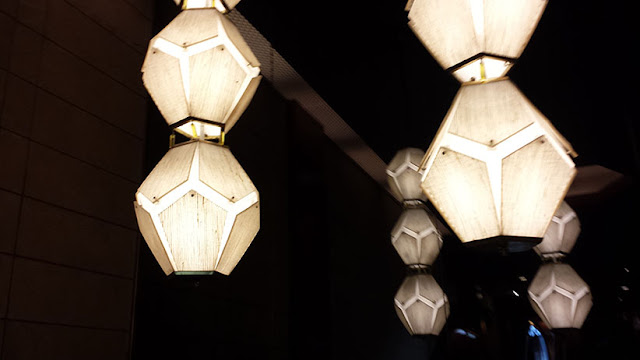…and other dispatches from the China Hotel Technology
Alliance’s Annual Conference
 |
| Jing Zhu, Chairperson of the CHTA at the opening of the conference |
China Hotel Market is set to recover within Five years
One of the first keynotes dealt with the China market
recovery which was pinpointed to occur sometime within the next five years (let’s
hope it is earlier rather than later…). Singled out as one of the key factors
to set the scene for recovery were international brands, which need to be more
flexible in terms of brand standards in China, rather than pursuing a cookie
cutter approach to be successful.
Talking about
Millennials - again
 |
| Chinese Millennials - not so different |
But unlike the Millennials in the Middle East which are unexpectedly brand loyal, Chinese Millennials don’t seem to have a specific
trait that makes them different from their peers in other geographies. However,
speaking with one delegate from Singapore on the sidelines, he professed that
unlike Millennials elsewhere who are generally lone wolf travelers, Millennials
in Singapore like to travel in small groups of friends. This type of
information has great value to hotel developers as it guides what types of
rooms they should cater for, so I hope that someone in due time will make an
effort and dissect Millennials likes and dislikes a little more granularly
along the geographic divide, rather than just focus on general habits.
With Millennials gradually coming into force, some predicted
the hotels of the future will be more like real estate that happens to have
some hotel rooms, with rooms being re-purposed as offices, meeting and events
spaces and the likes, and sometimes as a place to rest your weary head. While
this may sound far-fetched now, one cannot help but wonder what our world will
look like once the Millennials have well and truly taken over. As I said
before, the 5-star hotel as we know it, for one, will be a thing of the past. And
so perhaps will the hotel as we know it, who knows…
Creating Value in a
Hotel with IT
 |
The 'Creating Value' panel at the
3rd Annual CHTA conference in Macau
|
But the far more interesting question posed at the panel was what is stopping hotels from implementing IT to create value? While cost of course is a major factor, blaming the rapid evolution of technology is somewhat less convincing.
We are on a kind of plateau at the moment when it comes to
underlying technology developments. The one thing that’s continuing to change
fast is consumer electronics, so as long as hotels underlying technology
infrastructure is robust, enabling guests to interact with the hotel’s
technology using their own devices should not be a major undertaking.
























